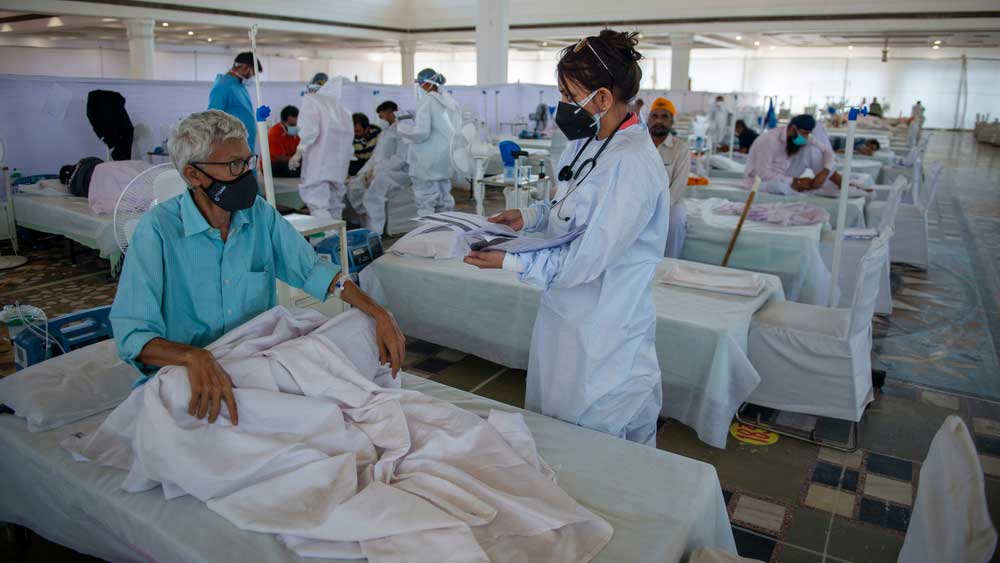The Covid-19 pandemic has laid bare some unique challenges faced by India’s healthcare system. India, which spends less than 2 per cent of its GDP on healthcare, has, understandably, prioritized its scanty resources in the testing and the treatment of Covid patients. But a disproportionate focus on Covid-19 has led to neglect in the diagnosis and treatment of other diseases such as cancer, tuberculosis or kidney failure. Around 20,000 people lost their lives to tuberculosis in the first three months of the pandemic; a study in The Lancet found that there had been a 54 per cent decline in the registration of new cancer patients. Another challenge has now come to light. People suffering from a specific group of medical conditions known as ‘rare diseases’ have been adversely impacted. According to the World Health Organization, a disease is considered rare when it affects one in 1,000 people or fewer. An estimated 70 million people suffer from rare diseases in India, especially haematological diseases. More than 10,000 children are born with thalassemia every year and over 7,000 are diagnosed with aplastic anaemia.
Their numerical sparseness makes access to quality treatment a struggle for patients with rare diseases at the best of times. Now Covid-19 has exacerbated other challenges: there has been a shortage of blood as people are reluctant to donate for fear of catching the Covid-19 virus. Furthermore, many transfusion units had to be converted into Covid-care facilities. Earlier this year, the Union health ministry approved the National Policy for Rare Diseases with an aim to lower the cost of treatment, increase focus on indigenous research and local production of medicines. The policy, however, fails to address several glaring gaps in the system. Indian stem cell donors only form about 0.04 per cent of those listed as biologically unrelated donors globally. Moreover, the NPRD provides financial support of only up to Rs 20 lakh, which is insufficient for those who require long-term treatment. The government must raise awareness through door-to-door campaigns to encourage blood donations and improve access to prenatal diagnostics, genetic counselling and accelerated diagnosis. The healthcare system in India has been pushed to the brink in the wake of the pandemic. In the light of these concerns, the Centre must amend the NPRD if it hopes to effectively help patients with rare diseases.











